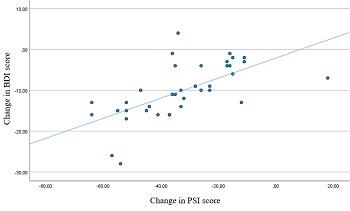Aims and Scope
 Social Work and Social Welfare (eISSN: 2591-782X) is an open access, international peer-reviewed journal to provide a free source for social work educators, practitioners, managers and researchers. SWSW seeks to publish quality articles of interest to professional working, with papers reporting research, discussing practice, examining principles and theories.
Social Work and Social Welfare (eISSN: 2591-782X) is an open access, international peer-reviewed journal to provide a free source for social work educators, practitioners, managers and researchers. SWSW seeks to publish quality articles of interest to professional working, with papers reporting research, discussing practice, examining principles and theories.
Research fields include, but are not limited to the following:
• Social Governance
• Social Policy and Law
• Social Organization
• Community System
• Social Charity
• Welfare System
• Rural Development
• Social Insurance
• Public Welfare
• Social Medicine (miscellaneous)
 |
ISSN: 2591-782X
Abbreviation: Soc Work Soc Welf
Editor-in-Chief: Prof. Xiaoxin Xu(China)
Publishing Frequency: Continuous publication
Article Processing Charges (APC): Click here for more details
Publishing Model: Open Access |




 Efstathia Lefkaditi, Katerina Maniadaki
Efstathia Lefkaditi, Katerina Maniadaki

